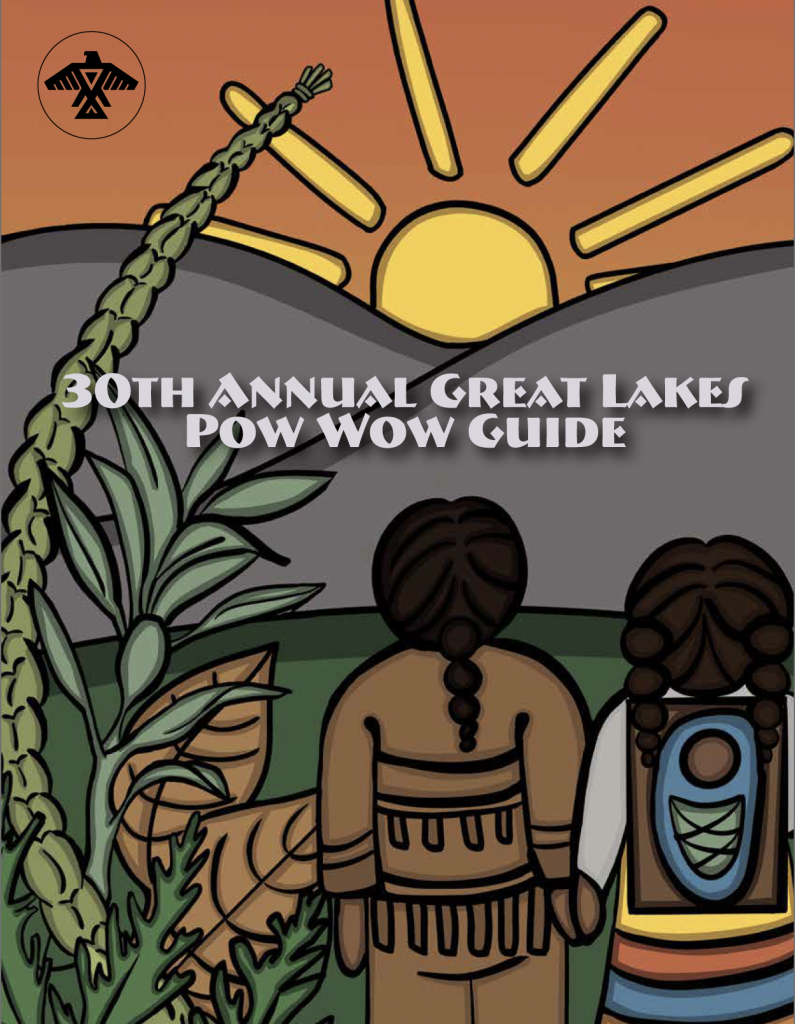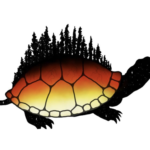Canada must fulfill its obligation to Indigenous children says Anishinabek Nation leadership
ANISHINABEK NATION HEAD OFFICE (June 14, 2022) – On behalf of the Anishinabek Nation, Grand Council Chief Reg Niganobe and Children’s Commissioner Ogimaa Duke Peltier have issued a statement in response to the recent report released by the United Nations Committee on the Rights of the Child expressing deep concerns about the welfare of Indigenous children in Canada.
“All children deserve equal opportunity and access to adequate health care, education, nutrition, and shelter, surrounded by their family, community, culture, and history. In this era of truth and reconciliation, Canada must step forward to fulfill its obligation to the many Indigenous children who suffered and continue to suffer as a result of discrimination,” states Grand Council Chief Niganobe.
In 2021, the Parliament of Canada passed the United Nations Declaration on the Rights of Indigenous Peoples Act (UNDRIPA), committing the Government of Canada to “take all measures necessary to ensure that the laws of Canada are consistent with the United Nations Declaration on the Rights of Indigenous Peoples (UNDRIP).” The Government of Canada has since committed to implementing Article 14 of UNDRIP, honouring the rights of Indigenous peoples to “establish and control their educational systems and institutions providing education in their own languages, in a manner appropriate to their cultural methods of teaching and learning”.
“Almost all First Nation children are still required, by law, to attend schools where they do not learn to speak their own languages. This amounts to the ongoing, forced, assimilation of these children. The perilous state of most First Nation languages makes the need for the implementation of Article 14 pressing and urgent. The implementation of Article 14 can be achieved through amendment of the Indigenous Languages Act, making it enforceable in Canadian courts,” states Commissioner Ogimaa Peltier.
Released on June 9, 2022, Concluding observations on the combined fifth and sixth reports of Canada recommends that Canada “put an end to structural discrimination against children belonging to Indigenous groups, and address disparities in access to services by all children, including those in marginalized and disadvantaged situations”. The report also raises concerns that Canada’s “child welfare system continues to fail to protect Indigenous children and adolescents from violence.”
“The Anishinabek Nation has been working tirelessly to advocate for and protect the rights of Anishinaabe children and youth. Through the Anishinabek Nation Child Well-Being Law, the Anishinabek Nation Child, Youth, and Family Well-Being System, and the Anishinabek Nation Children and Youth Bill of Rights, we are exercising inherent jurisdiction over child welfare to protect and promote the well-being of Anishinaabe children, youth, and families. We must honour each and every child to ensure the success of our future generations and to create the best future for our Nations,” adds Commissioner Peltier.
Relevant links:
- Backgrounder: United Nations Declaration on the Rights of Indigenous Peoples Act
- Backgrounder: United Nations Declaration on the Rights of Indigenous People
- Concluding observations on the combined fifth and sixth reports of Canada
- Draft Anishinabek Nation Child Well-Being Law
- Anishinabek Nation Children and Youth Bill of Rights



